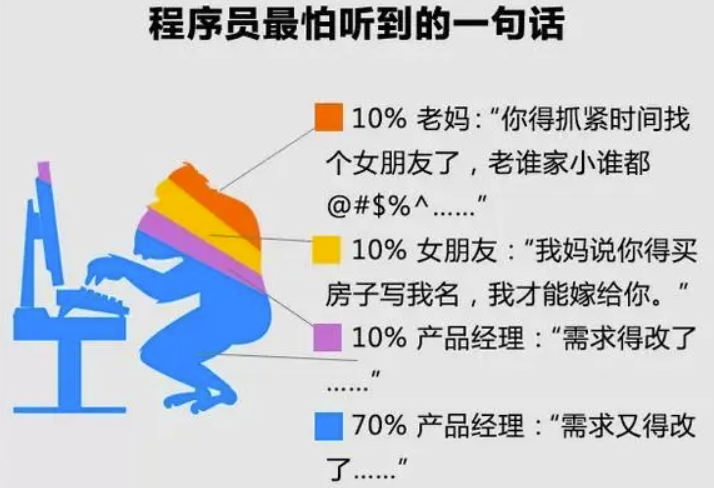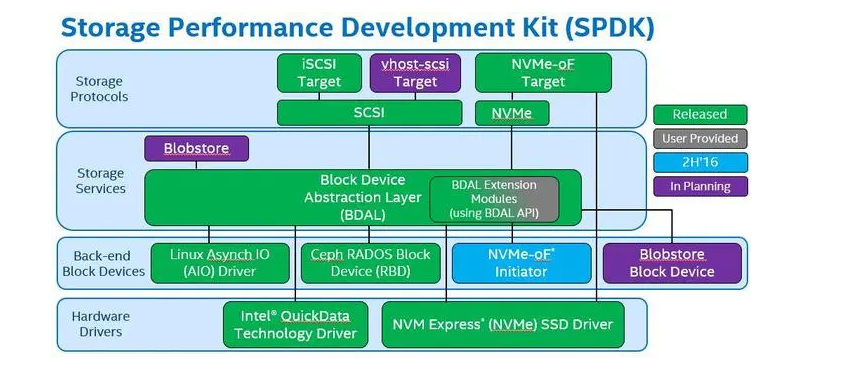An IPFIX flow is a collection of network traffic data that shares common attributes, such as source and destination IP addresses, port numbers, protocol types, and other characteristics. It represents the movement of data across a network and is used to monitor and analyze network behavior.
IPFIX flows are created by networking devices, such as routers and switches, which collect information about packets passing through them. This information is then exported in an IPFIX format to a collector or analysis tool for further processing.
Each IPFIX flow record contains information about the start and end times of the flow, the number of packets and bytes transmitted during the flow, and other statistics related to network performance. By analyzing this data, administrators can gain insight into how their networks are being used, identify potential problems or security threats, and optimize network performance.
Overall, IPFIX flows provide a valuable tool for network management by enabling administrators to monitor network traffic in real-time and make informed decisions based on that information.





















